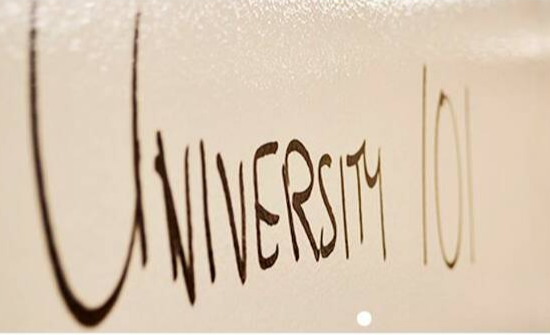A longstanding community education initiative at the University of Victoria has been abruptly terminated after administrators cited growing safety and security concerns. The Continuing Studies’ Community Course program, which offered free university-level learning opportunities to local residents for decades, will not return for the 2024-25 academic year.
The decision, confirmed by university officials last week, ends a beloved tradition that allowed community members to attend select regular university courses without cost or academic credit. This program had been particularly popular among seniors and lifelong learners seeking intellectual stimulation without the pressure of formal evaluation.
“We have witnessed a significant increase in disruptive incidents involving non-registered individuals accessing campus facilities,” explained Miranda Angus, executive director of UVic Continuing Studies, in a statement obtained by CO24 News. “These concerning behaviors have escalated to the point where they compromise the safety and learning environment for our registered students.”
University records indicate that several incidents over the past year involved unauthorized persons entering classrooms, using campus facilities inappropriately, and in some cases, causing disturbances that disrupted academic activities. Campus security reports documented at least seven major incidents since September 2023 that required intervention.
The cancellation has sparked disappointment among Victoria’s active learning community. Margaret Wilson, 67, who participated in three courses through the program, expressed her dismay: “This program was a wonderful bridge between the university and the broader community. It gave people like me, who never had the opportunity for higher education in their youth, a chance to experience university learning.”
The program’s termination reflects a growing tension between maintaining open, accessible campuses and ensuring security in educational institutions across Canada. Similar programs at other Canadian universities have faced increasing scrutiny as institutions balance their educational mission with safety protocols.
Faculty reactions have been mixed. Dr. Jonathan Brenner, a sociology professor who regularly welcomed community attendees in his lectures, called the decision “unfortunate but understandable.”
“I valued the diverse perspectives community members brought to discussions,” Brenner said. “However, I’ve personally witnessed situations where unauthorized individuals disrupted classes or made students uncomfortable. The university has a primary obligation to protect its registered students.”
UVic officials emphasized that alternative community engagement opportunities remain available through their Continuing Studies department, which offers hundreds of non-credit courses, workshops, and lecture series designed specifically for community learners. However, these options require payment and don’t provide the same immersive university classroom experience.
The decision raises important questions about the changing nature of campus accessibility in an era of increasing security concerns. Universities across Canada have implemented stricter access controls in recent years, with many now requiring ID cards for building entry and increasing security personnel presence.
As institutions of higher learning continue to navigate these complex challenges, the fundamental question remains: how can universities maintain their role as community knowledge hubs while ensuring the safety and security of their primary academic mission?










